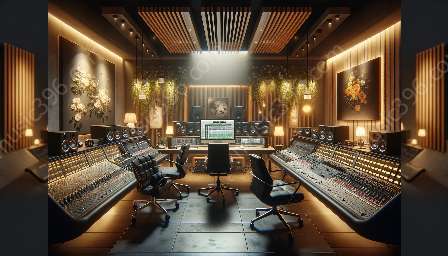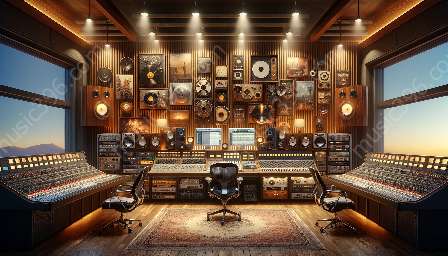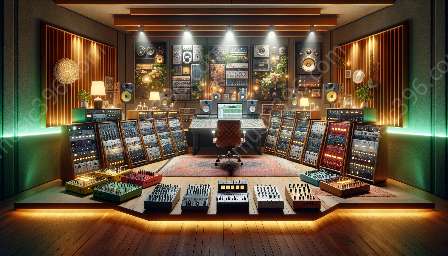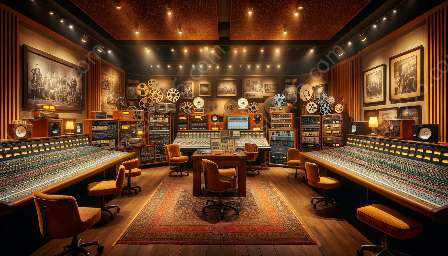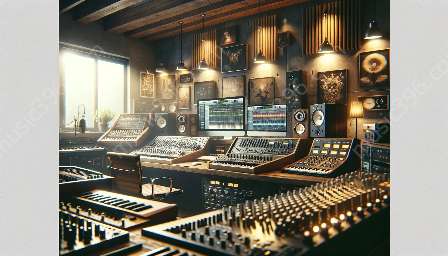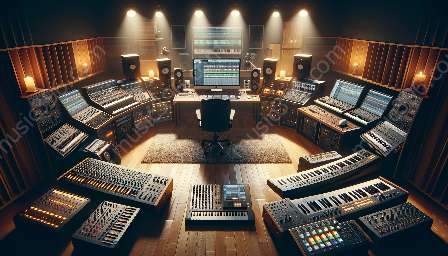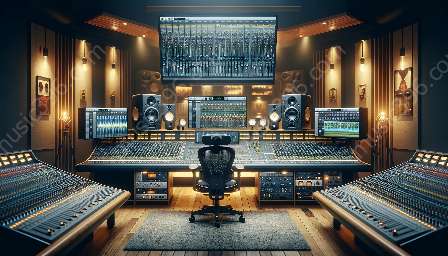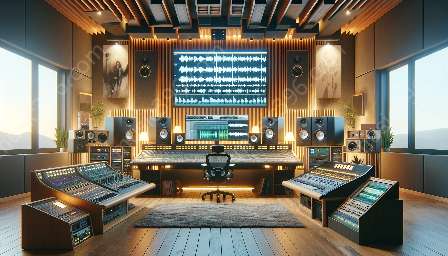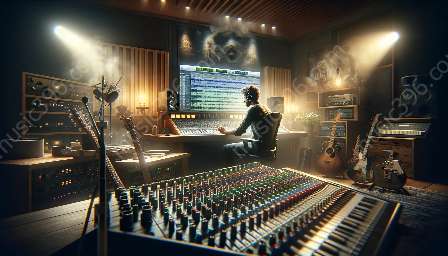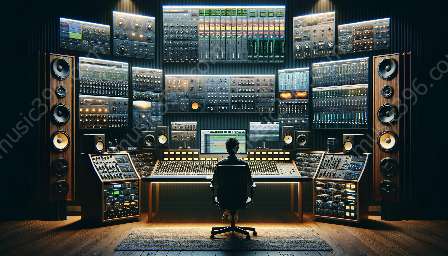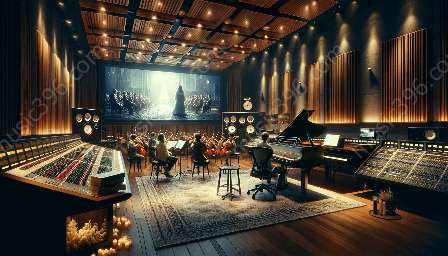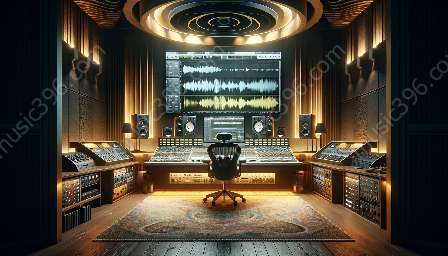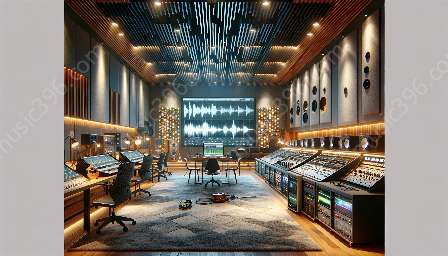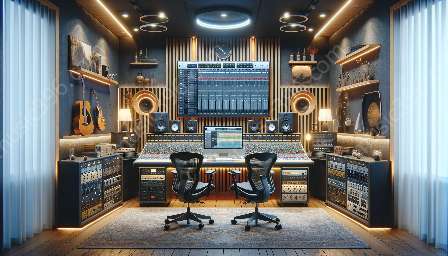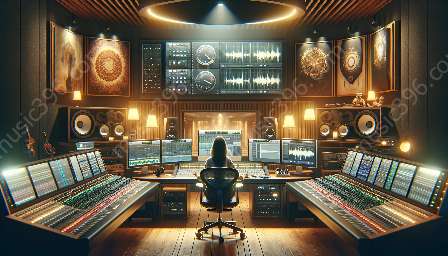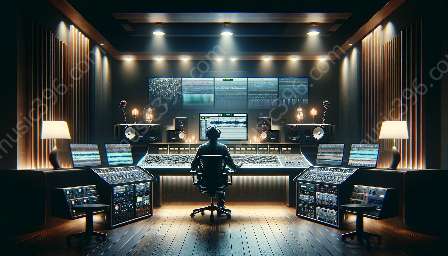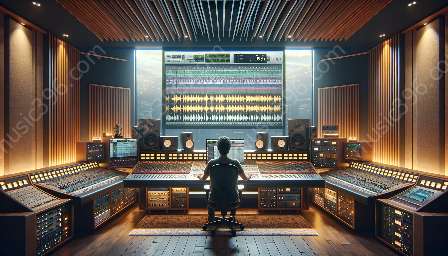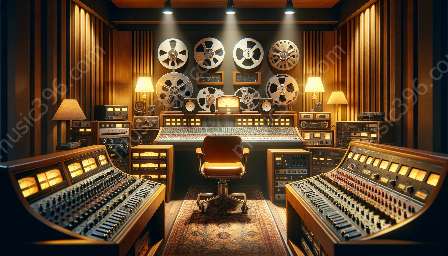When it comes to the world of music production, the unsung heroes behind the scenes are the recording engineers. Often working tirelessly to capture and preserve the artistic vision of musicians, recording engineers play a crucial role in the music industry. In this topic cluster, we will delve into the primary responsibilities of a recording engineer, exploring the technical and creative aspects of their job and their significant contribution to music recording.
The Role of a Recording Engineer
Technical Expertise: A recording engineer is responsible for understanding and operating a wide range of audio equipment and software. They must be proficient in setting up microphones, recording consoles, and signal processors, as well as using digital audio workstations (DAWs) effectively. This technical expertise ensures that the sound is captured and processed accurately to meet the artistic vision of the musicians.
Collaboration: Recording engineers work closely with musicians, producers, and mixing engineers to understand their creative goals and provide technical support to achieve the desired sound. They need to be excellent communicators and team players, as their ability to collaborate effectively can greatly influence the success of a recording session.
Problem Solving: In a fast-paced studio environment, unexpected technical issues can arise, and recording engineers must be adept at troubleshooting and finding solutions quickly. Whether it's troubleshooting malfunctioning equipment or resolving compatibility issues with software, their problem-solving skills are vital to keeping recording sessions on track.
Music Recording and Production
Recording engineers are an integral part of the music recording and production process. They are responsible for capturing the best possible sound quality during recording sessions, whether in a studio, live concert, or remote location. This involves positioning microphones, setting recording levels, and making critical decisions on signal processing and effects to enhance the audio quality.
Editing and Mixing: Once the raw audio recordings are captured, recording engineers often play a key role in editing and mixing the tracks. They may clean up audio imperfections, adjust levels, and apply effects to create a polished and balanced mix that reflects the artistic vision of the musicians and producers.
Mastering: In some cases, recording engineers are involved in the mastering stage, where the final mix is prepared for distribution. This can involve further processing to optimize the audio for different playback systems and formats, ensuring that the music translates well across various mediums.
The Art of Sound Capture
Recording engineers are masters of sound capture, using their technical skills and creative intuition to capture the essence of a performance. They understand the nuances of different instruments and voices, and strive to create an authentic and compelling sonic experience through their recording techniques.
Microphone Selection and Placement: Selecting the right microphone for each sound source and positioning it strategically is a crucial aspect of a recording engineer's role. They consider factors such as the tonal characteristics of the microphone, the proximity effect, and room acoustics to achieve the best possible capture of the audio source.
Creative Input: While recording engineers must maintain technical precision, they also bring a creative perspective to the process. They may suggest innovative mic placements, signal processing techniques, and sonic textures that enhance the musicality and emotion of the recordings.
Conclusion
Recording engineers are the guardians of sound, wielding a blend of technical expertise and artistic sensibility to ensure that musical performances are captured and preserved with the highest fidelity. Their primary responsibilities encompass not only the technical aspects of recording, but also the ability to collaborate with musicians and producers to bring their creative visions to life. Without the dedication and skill of recording engineers, the music industry would lack the sonic richness and depth that we all cherish.



